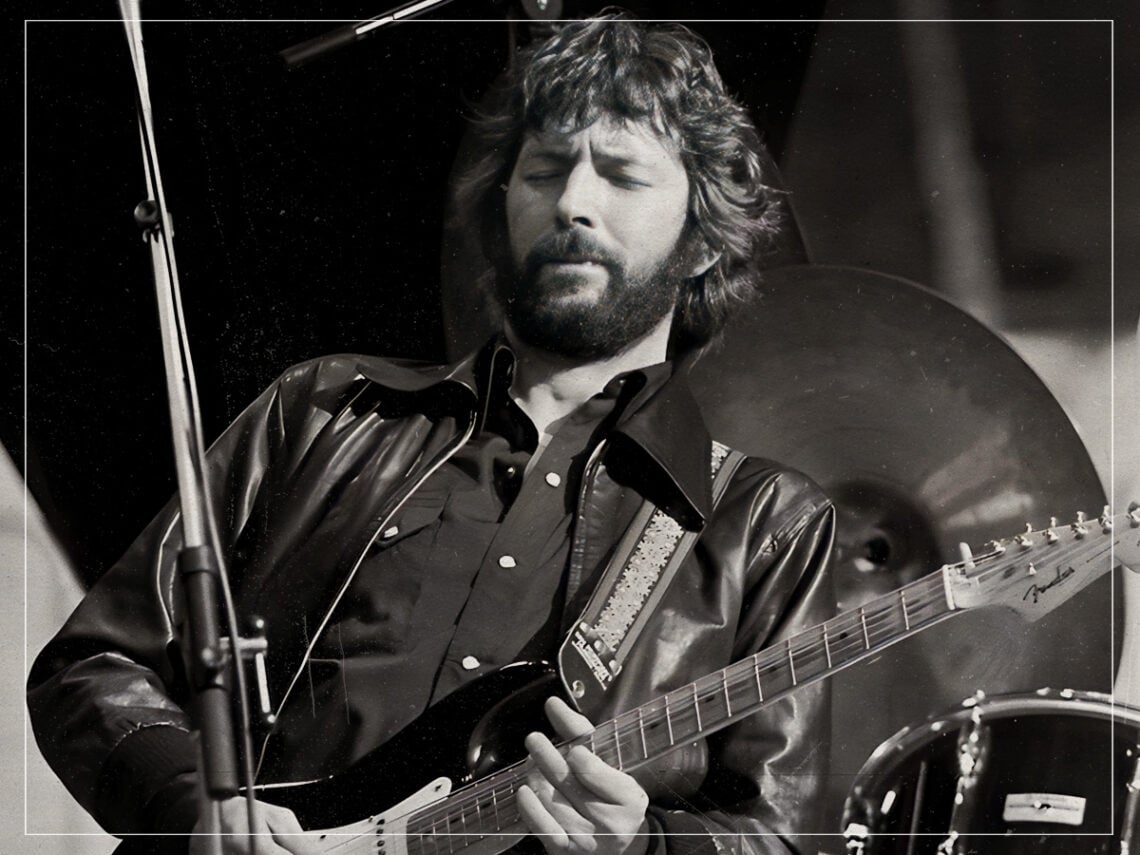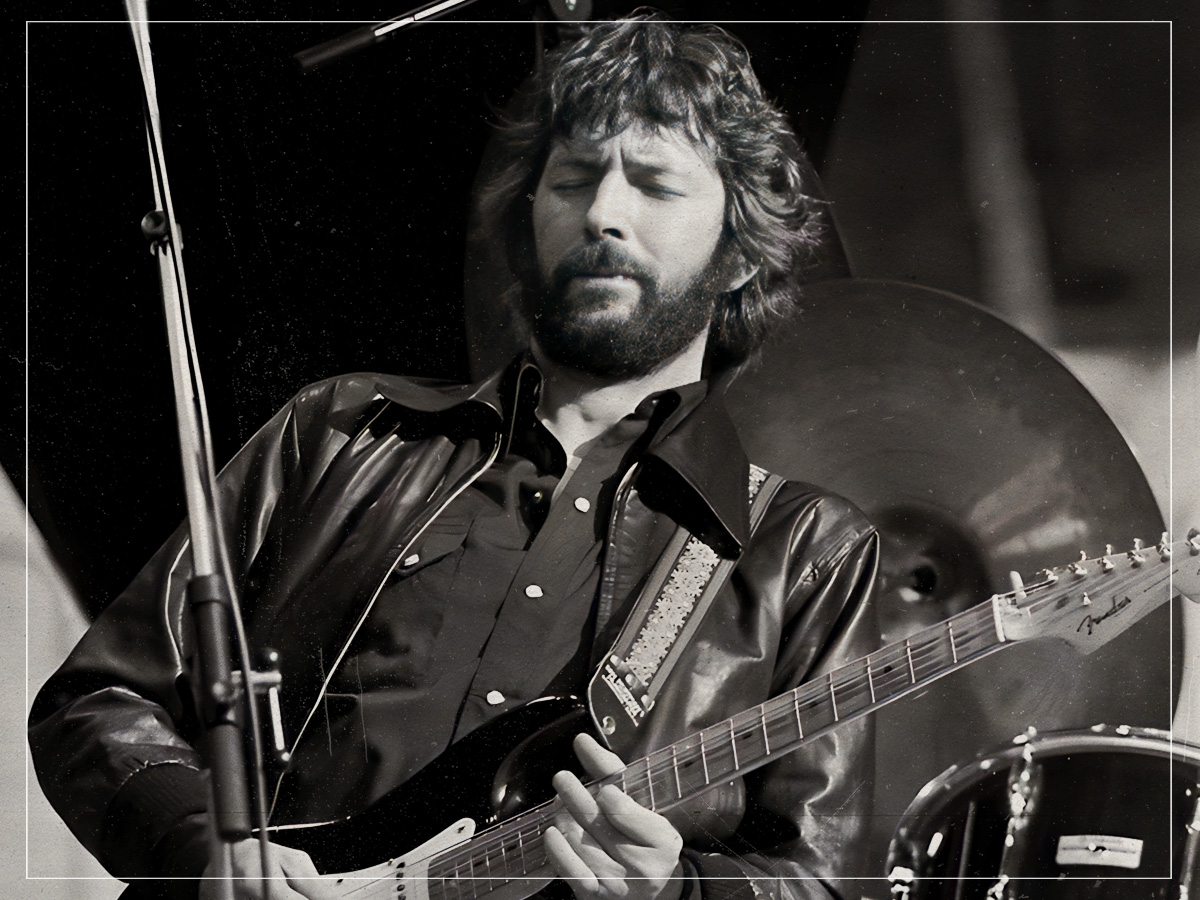
(Credits: Far Out / Chris Hakkens)
Tue 14 October 2025 1:00, UK
The relationship between a musician and a producer is make-or-break. A good collaboration can turn a star into an icon, a bad one can make a star suddenly sound like an amateur. That’s why Eric Clapton tried to only work with the best.
There are fairytales and nightmares. Paul McCartney’s run-ins with Phil Spector fall into the latter category as the Beatle ended up sending a scathing letter to the producer, claiming he utterly ruined his work. “Don’t ever do it again,” he said as harsh words from the typically sweet man.
Meanwhile, there are countless fairy tales. PJ Harvey and Steve Albini. Jeff Lynne and Tom Petty. George Martin and The Beatles, before they ruined it with someone new. And, in Eric Clapton’s case, his relationship with Glyn Johns has to be in that category of when things go well.
Clapton and Johns first officially worked together in 1973 on Eric Clapton’s Rainbow Concert, but the guitarist was more than aware of him. Johns had become a legend already as he worked with the likes of The Who, The Kinks, The Rolling Stones and more. He was the favoured workhorse of the British rock and roll scene, so Clapton was more than familiar with his work.
For a two-album run, the pair worked together on Slowhand and Backless, crafting some of Clapton’s biggest hits like ‘Wonderful Tonight’ and ‘Promises’. It was simply one of those collaborative relationships that just worked, mostly because Johns took no shit.
“He was a disciplinarian who did not like people mucking about or wasting time. When we were in the studio we were expected to work and he’d get frustrated if there was any goofing off,” Clapton recalled. There truly was something almost teacher-like about Johns, despite the fact that they’re basically the same age. But while the world of rock and roll basically runs on messing about, the producer knew how to silence the class of petulant kids and get them to work, as Clapton said, “He brought out the best in us.”
In all the stories of the best relationships between producer and artist, that seems to be the trait they need. A good producer knows how to guide while still letting creativity run free. “If he thinks you’re on to something, he’s very enthusiastic and encouraging. If he thinks you’re going in the wrong direction, he’ll try and shut it down,” Clapton said about Johns, who was always there to make sure he didn’t wander too far down a bad path and waste too much time.
Clapton’s take on it all is that it comes from Johns’ own time as a musician. “He has a musical background, he’s a musician and had a small career a long time ago, so he knows what he’s talking about,” he said, recalling Johns brief period of being a solo artist. Maybe there is something in that though, as if Johns knows how to direct musicians because he’s one too, and he knows how to keep himself on course.
Either way, there was magic there, crafting two great records, and then reuniting them in 2016 for another as even after taking time away from music, Clapton coaxed Johns back to work on I Still Do. It’s no small praise as the artist said, “Ultimately for me, he’s one of the best guys I’ve ever seen on the board.”
Related Topics

